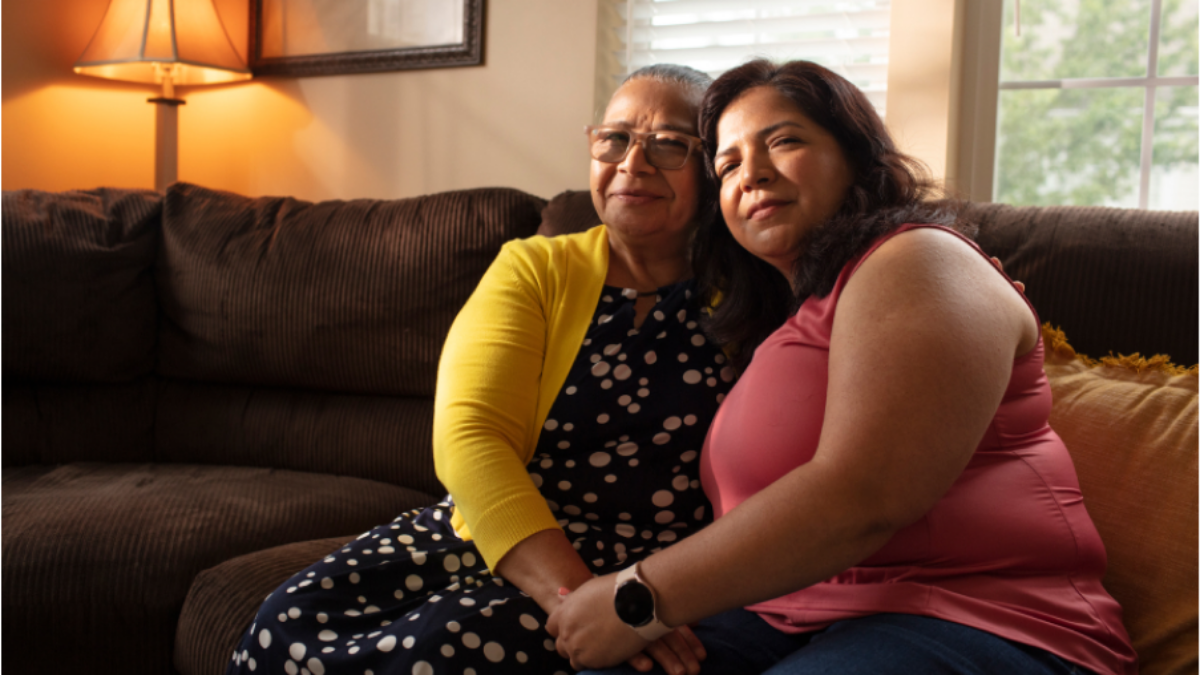Guide 3: I Am Uninsured and Need Medical Care
Can I know my health care costs before I receive care?
Ask for a “good faith estimate” and keep it in a safe place
Providers must use a form similar to this one and provide expected costs for treatment in writing. The form must include the provider’s name and list the services included in the estimate — including the billing codes for each treatment, medication, laboratory test, or medical services. It must list a total amount and an itemized breakdown of what you will owe for each expected service and/or medical treatment.
For example: Request a “good faith estimate” for things like a pre-surgery checkup or post-surgery physical therapy. Also ask if the surgeon’s estimate includes the cost of the anesthesia and the anesthesiologist.
Quick tip: You will likely need to ask for a separate “good faith estimate” from each doctor and each health care facility to better understand the entirety of expenses related to your care. A “good faith estimate” is not a contract and does not obligate you to use those doctors and/or hospitals.
Providers must provide a “good faith estimate” within a certain amount of time
If you do not have insurance or are “self-pay,” you can ask your doctors and hospitals for a “good faith estimate” at any time — even if you aren’t ready to schedule your treatment.
If you request a “good faith estimate,” your provider must provide one, in writing, within three business days after your request. Getting a “good faith estimate” is one way to shop around for costs from different providers. If you delay your care for more than a month, check back in with that provider to make sure the “good faith estimate” is still accurate.
When you are ready to schedule care, doctors and hospitals must provide a “good faith estimate” in writing:
- Within one business day: if the care scheduled is within the next three to nine days.
- Within three business days: if the care scheduled is at least 10 days in advance.
Make sure your “good faith estimate” contains your name and address, your provider’s name and address, billing codes, and a plain-language explanation of the treatment and estimated price you are expected to pay.
Were you denied a “good faith estimate”?
If you do not receive the “good faith estimate” that you are entitled to by law, contact the No Surprises Help Desk online or call 1-800-985-3059.
What should I do after I receive a medical bill?What should I do after I receive a medical bill?
- Open your bill(s) immediately.
- Be sure you understand the charges. If you don’t, call the facility’s billing department for an explanation of anything that is confusing. Billing departments and insurance companies can make mistakes — so if something doesn’t look right, it’s good to check. Keep notes of your conversation: include the date, time, name of the person you’re speaking with, and what they tell you.
- Save all bills and documents from your provider and health insurance company, and keep them together in the same, easy-to-find place.
- Mark the due date for your first payment on your calendar to help you remember to send your payment on time. (Late fees may be charged otherwise.)
- Compare each “good faith estimate” with your final bills. If the bill is $400 or more than the “good faith estimate,” you can dispute your bill. (Learn how to dispute your bill in the section below.)
Are you unsure about a bill?
If you think you’ve been sent a bill you should not have to pay, file a complaint with your state attorney general’s office or consult your local legal aid office.
How do I dispute bills that are $400 or more than the “good faith estimate”?How do I dispute bills that are $400 or more than the “good faith estimate”?
Start by contacting the doctor or hospital to notify them that they have sent you a bill that is $400 or more than the “good faith estimate.” Then ask them to adjust the bill to the amount in the “good faith estimate.”
If the provider does not lower the bill, you have a right to use the Patient-Provider Dispute Resolution system. Here are some additional tips to understand whether you can dispute your bill.
If you officially dispute a bill:
- You must file within 120 days (about 4 months) of the date of your first medical bill.
- You must submit a copy of the bill and the “good faith estimate.”
- You must pay $25 to dispute the bill. If you win the dispute, this fee will be returned to you as a $25 credit toward your medical bill.
How do I “officially” dispute my bill?
You may start a dispute online or by mail or fax. Once you do so, you have entered what’s called the “Patient-Provider Dispute Resolution” period.
Under the No Surprises Act, your doctor or hospital is prohibited from sending your medical bills to collection agencies during the Patient-Provider Dispute Resolution period. During this time, check your credit report. If you see the medical bills from an ongoing Patient-Provider Dispute Resolution listed on your credit report, submit a complaint online to the Consumer Financial Protection Bureau or call 855-411-2372.
At the end of the Patient-Provider Dispute Resolution, if you still have an unaffordable medical bill, ask to be screened for the hospital’s financial assistance program. DO NOT sign up for a medical credit card or medical loan. (See Guide 5: I Am Unable to Pay for My Care Up Front.)
For a deeper dive: Learn more about your rights to dispute a bill.



